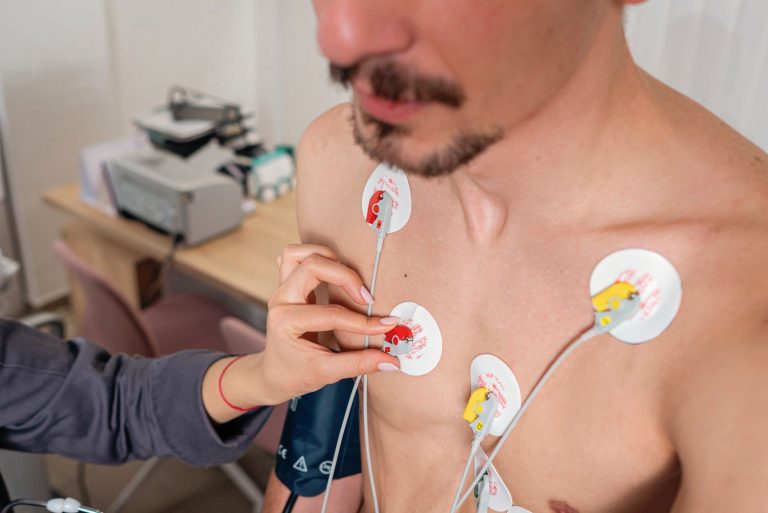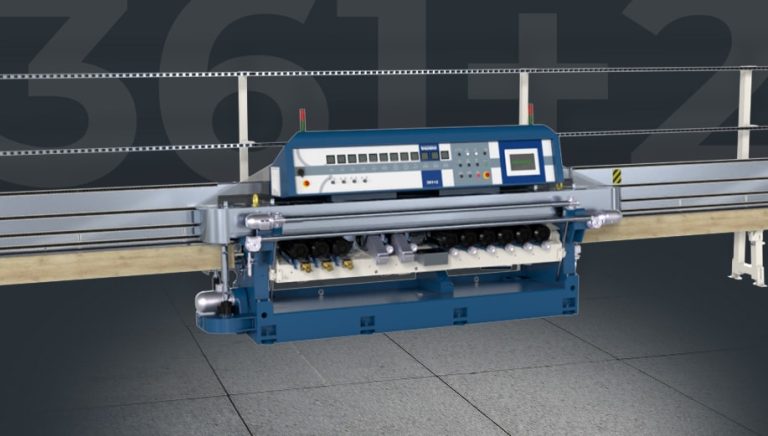In the realm of solar energy systems, inverters play a vital role in ensuring the optimal performance and efficiency of your solar panels. These essential components are responsible for converting the direct current (DC) electricity generated by solar panels into the alternating current (AC) electricity used to power your home or business. Understanding the importance of inverters and implementing best practices for their installation and maintenance are crucial steps towards maximizing the performance and longevity of your solar panel system.
Importance of Inverters in Solar Panel Systems
- Conversion of Electricity: Inverters are responsible for converting the DC electricity generated by solar panels into AC electricity that can be used to power your home or fed into the electrical grid. This conversion process is essential for making solar energy usable for everyday applications.
- Optimization of Energy Harvest: High-quality inverters optimize the performance of your solar panel system, ensuring that you capture as much solar energy as possible. Advanced features such as maximum power point tracking (MPPT) help maximize energy production by adjusting the operating conditions of the solar panels to match the available sunlight.
- Grid Interconnection: Inverters facilitate the seamless integration of your solar panel system with the electrical grid. Grid-tied inverters allow you to feed excess electricity generated by your solar panels back into the grid, enabling you to earn credits or receive compensation for the energy you contribute.
Best Practices for Inverter Installation and Maintenance
- Proper Sizing: Ensure that your inverter is properly sized to match the capacity of your solar panel array. Oversized inverters can lead to inefficient operation, while undersized inverters may limit the performance of your solar panel system.
- Location and Ventilation: Install your inverter in a well-ventilated area away from direct sunlight and extreme temperatures. Proper ventilation is essential for dissipating heat generated during operation and prolonging the lifespan of the inverter.
- Regular Inspections and Maintenance: Schedule regular inspections and maintenance checks for your inverter to identify any issues early and prevent potential problems. Clean the exterior of the inverter regularly and inspect for signs of damage or corrosion.
- Firmware Updates: Stay up-to-date with firmware updates provided by the manufacturer to ensure that your inverter operates with the latest features and optimizations. Firmware updates may include bug fixes, performance enhancements, and compatibility improvements.
By prioritizing the installation and maintenance of your solar panel inverters, you can ensure optimal performance and longevity for your solar energy system. Investing in high-quality inverters and implementing best practices for their care and maintenance will help you maximize the benefits of solar energy for your home or business.













+ There are no comments
Add yours